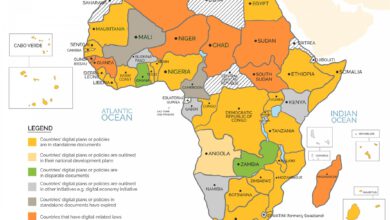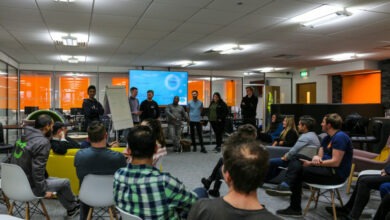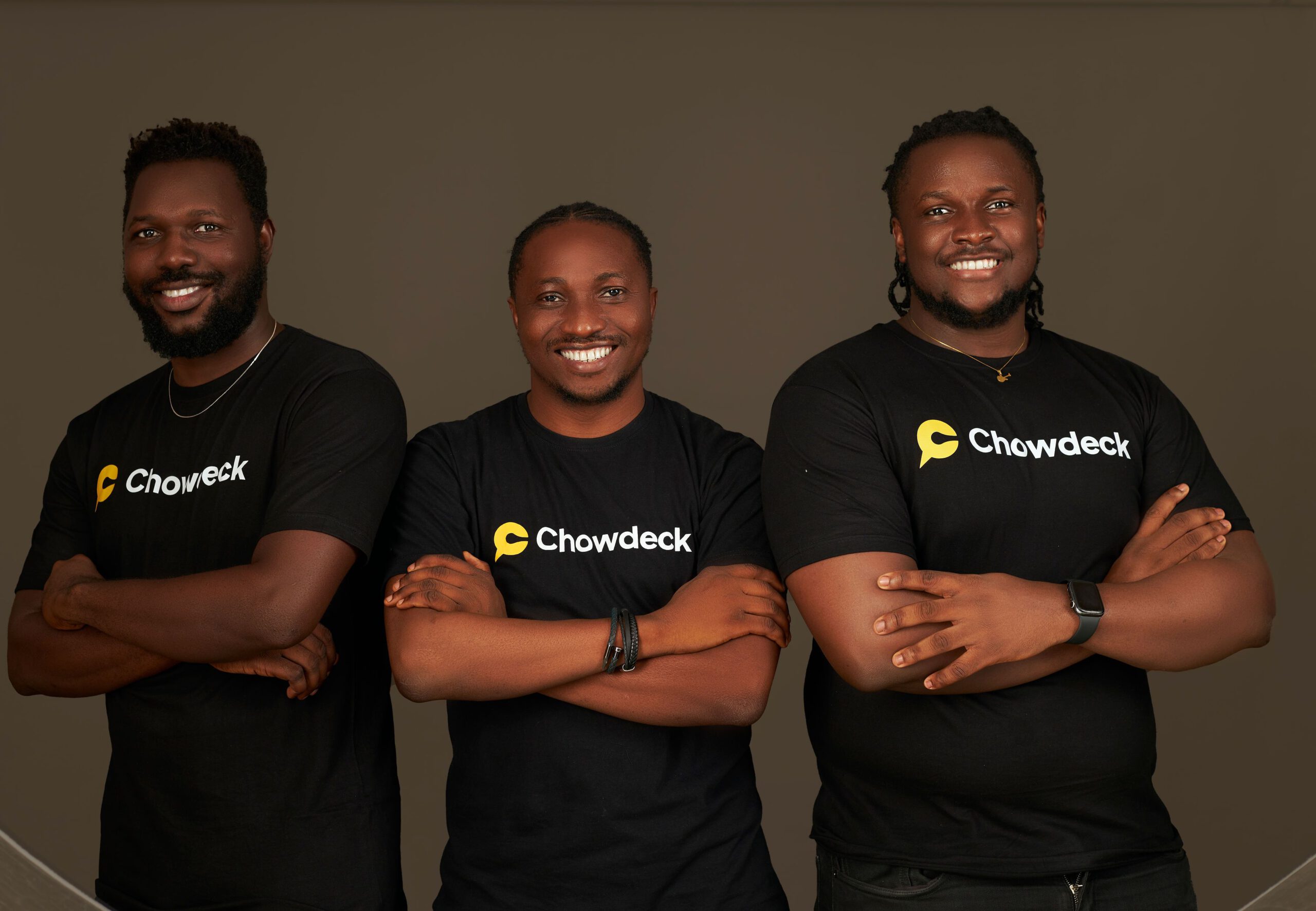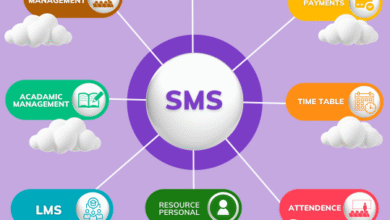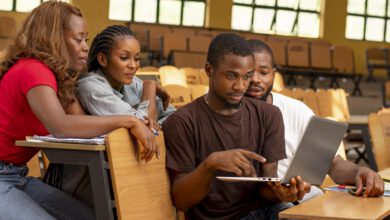Youth-led Digital Advocacy Campaigns—Risks & Rewards
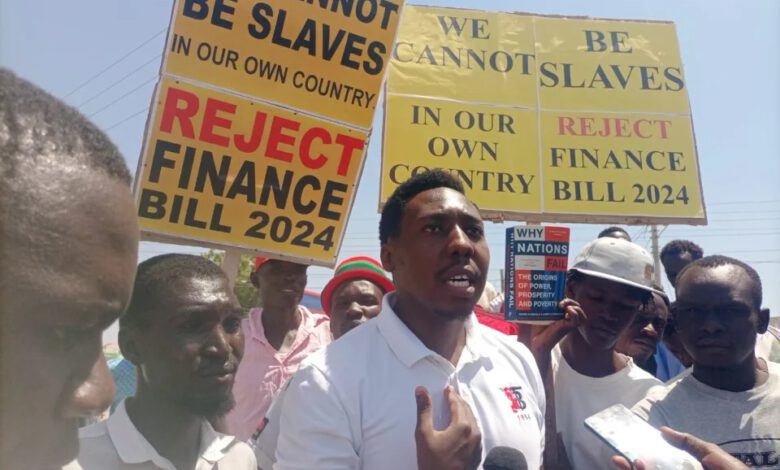
Young people all around the globe are speaking up, and technology is enabling them to do so quickly. They expose corruption, raise problems, and advocate for improved policy via their phone screens.
However, while the internet provides them power, it also makes them vulnerable targets. So, can we claim that these vibrant changemakers are safe in the digital world they are creating? Let’s look at the risks and rewards.
The Role of Youth-Led Digital Advocacy
In many parts of the continent, a fresh wave of young people’s advocacy is transforming civic participation. What originally began with marches and megaphones has evolved into hashtags and mobile apps. Youth are embracing hashtags, apps, and social media not only to voice their opinions but also to effect genuine change. What starts as a tweet typically turns into a protest.
Take Kenya, for example, where the #RejectFinanceBill2024 movement demonstrated how online protests can quickly spread to national action. Youth, already struggling with unemployment and economic hardship, protested a tax bill they feared would worsen the situation.
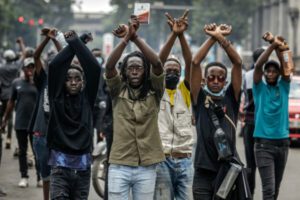
Reject the finance bill protest by Gen Z in Kenya
The protests are a frightening reminder to the world about the potential benefits and risks of youth-led movements. However, not only has Kenya experienced transformation, but youth in Africa now have the passion and civic tech tools like Revoda, a mobile app that allows people to observe elections in Nigeria.
Risks and Rewards for Youth-Led Digital Advocacy Campaigns
Youth-led internet advocacy in Africa is a two-edged sword: strong yet dangerous. These movements have spread beyond city squares and town halls. They live on TikTok threads, Instagram stories, encrypted group chats, and civic apps, raising awareness, mobilizing action, and exposing injustice in real time.
But every viral hashtag carries a hidden risk. West African governments have been cracking down on internet opposition. When protests erupted in Burkina Faso, authorities responded not with dialogue but with digital silence, banning access to social media to stop the protests.
Similar strategies were utilized in Nigeria and Mali. These blackouts not only halt tweets; they often hinder entire movements, alienate communities, and weaken trust in democratic processes.
The risks do not end there. Most young activists lack legal defenses and digital security tools. Their names and faces frequently become public, making them easy targets for assault, internet harassment, and government spying. In some unfortunate cases, the danger becomes deadly. During nonviolent protests, the security personnel who are supposed to protect residents have responded with violence, resulting in injuries, arrests, and even deaths. It conveys a terrible message: speaking up may cost your life.
Even in these high-stakes situations, stories of change continue.
In Morocco, the Ouchariko platform enables citizens to design policy from the ground up. It solicits real-time feedback, broadcasts government briefings, and improves accountability between leaders and the led.
The benefits are genuine. Campaigns led by young people have raised public awareness, put pressure on governments to take action, and, in certain situations, resulted in significant change. Following widespread demonstrations led by young Kenyans, the government significantly altered the problematic Finance Bill 2024.
Lastly, online communities assisted many young people in finding purpose, leadership, and community, which can lead to better governance in the coming generation.
Finally…
As more young people use digital tools to speak out, the risks increase. In Kenya, youth-led protests demonstrated the significant influence this generation can wield. However, in areas like Uganda, internet forums are closely monitored, and freedom of expression is limited, making it more difficult and risky to speak out.
That is why governments, technology corporations, and civil society must take action. If young people are brave enough to advocate for change, they should be protected.


